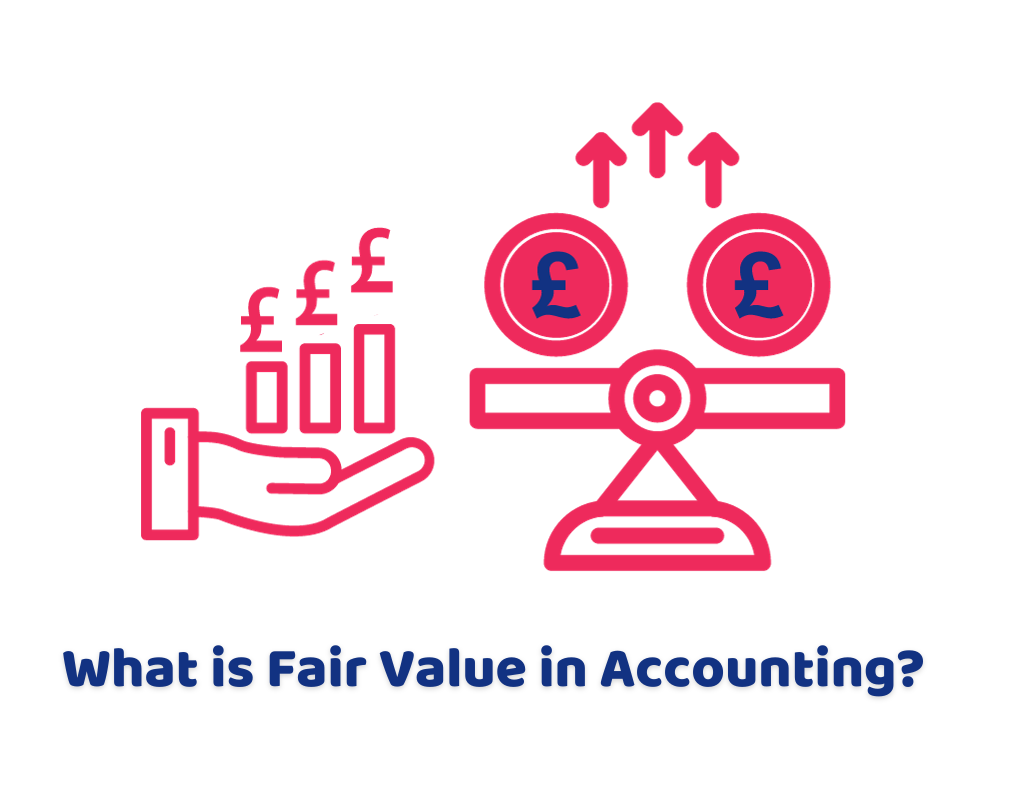Let’s dive into the fascinating world of what is fair value accounting. Fair value accounting is an approach used to measure and report the value of assets and liabilities based on their current market prices. It provides a more transparent and up-to-date view of an organisation’s financial position. It’s a complex and dynamic field, but understanding its principles and applications can greatly contribute to informed decision-making.
Reach out to one of our professionals to get to know about what is fair value accounting in the UK. Get in touch with us and you will be provided instant professional help!
What is it Like to Understand Fair Value Accounting?
Fair value in accounting refers to the estimated worth of an asset or liability in a transaction between knowledgeable and willing parties. It helps stakeholders make informed decisions by reflecting the current market conditions.
Determining fair value involves considering relevant market data, such as recent transactions, market trends, and other valuation techniques. It’s important to note that fair value can fluctuate over time, especially for assets like stocks or real estate. The UK accounting standards guide how to measure fair value and disclose it in financial statements.
Current Market Conditions
Current market conditions are highly relevant when determining fair value in accounting. If the market is facing a downturn, the fair value of certain assets may be lower than their book value. Therefore, understanding the current market conditions is crucial for accurately valuing assets and liabilities and providing stakeholders with reliable financial information.
Orderly Transaction
By considering the conditions of an orderly transaction, such as the availability of willing buyers and sellers, the fair value can be estimated more accurately.
Third-Party
In the context of fair value accounting, a third party refers to an independent entity or individual that is not directly involved in the transaction or valuation process. Third parties are often engaged to provide objective and unbiased assessments of the fair value of assets or liabilities. These third-party experts may have specialised knowledge and expertise in valuing specific types of assets or liabilities, and they follow established valuation methodologies and industry standards.
How Do you Value Assets With the Fair Value Accounting Method?
When it comes to valuing assets with fair value accounting in the UK, there are a few key steps involved. First, it’s important to determine the appropriate valuation technique to use for each asset. Once the valuation technique is selected, the next step is to gather relevant data and inputs.
After gathering the necessary data, the asset is then valued using the chosen valuation technique. The valuation process should be carried out by qualified professionals or experts who have the necessary knowledge and expertise in fair value accounting. This means that the valuation process may need to be repeated periodically to reflect any changes in the fair value of the assets.
Overall, valuing assets with fair value accounting in the UK involves selecting the appropriate valuation technique, gathering relevant data, and applying the chosen technique to calculate the fair value.
Pros of Fair Value Accounting
Fair value accounting has several pros that make it a valuable approach to financial reporting. It enhances transparency and comparability across different companies and industries. Since fair value is a standardised measure, it enables easier comparisons and evaluations.
Additionally, fair value accounting can capture the economic value of certain assets that may not be adequately reflected in historical cost accounting. Fair value accounting also promotes risk management by allowing companies to assess and address potential risks associated with their assets and liabilities. Overall, fair value accounting offers greater transparency, relevance, and comparability, which are crucial in today’s dynamic business environment.
Cons of Fair Value Accounting
Critics argue that this can lead to increased complexity, lack of comparability, and potential manipulation of financial statements. It’s important to note that fair value accounting has its proponents as well, and the debate around its pros and cons continues.
Fair Value vs. Historical Cost Accounting
Fair value accounting and historical cost accounting are two different approaches used in financial reporting. Fair value accounting values assets and liabilities based on their current market prices, while historical cost accounting records them at their original purchase cost.
Historical cost accounting is also less complex and costly to implement compared to fair value accounting, as it does not require frequent revaluation of assets and liabilities.
However, critics argue that historical cost accounting may not accurately reflect the economic reality of a company’s assets and liabilities. As market conditions change, the values recorded under historical cost accounting may become outdated and less informative. Fair value accounting, on the other hand, captures the current market value of assets and liabilities, providing a more accurate picture of a company’s financial health.
The Bottom Line
So, to wrap up our discussion on what is fair value accounting in the UK, it’s important to note that there is ongoing debate surrounding the use of fair value accounting versus historical cost accounting. Historical cost accounting, on the other hand, is more objective and reliable but may not accurately reflect the current economic reality. Accounting standards and regulations also play a role in determining the accounting method to be used.
AccountingFirms can assist you in managing your business and accounting problems as well as avail maximum tax relief possible.
Disclaimer: The information about the tax on what is fair value accounting in the UK provided in this blog includes text and graphics of general nature. It does not intend to disregard any of the professional advice.

